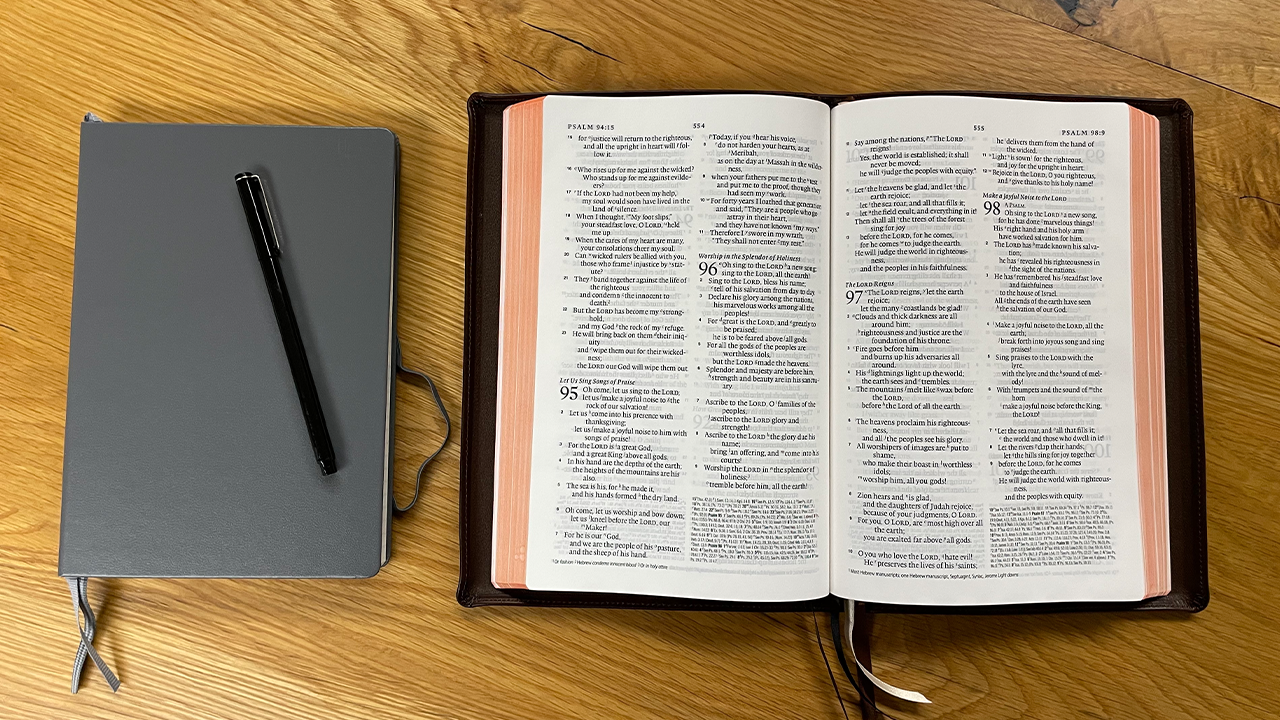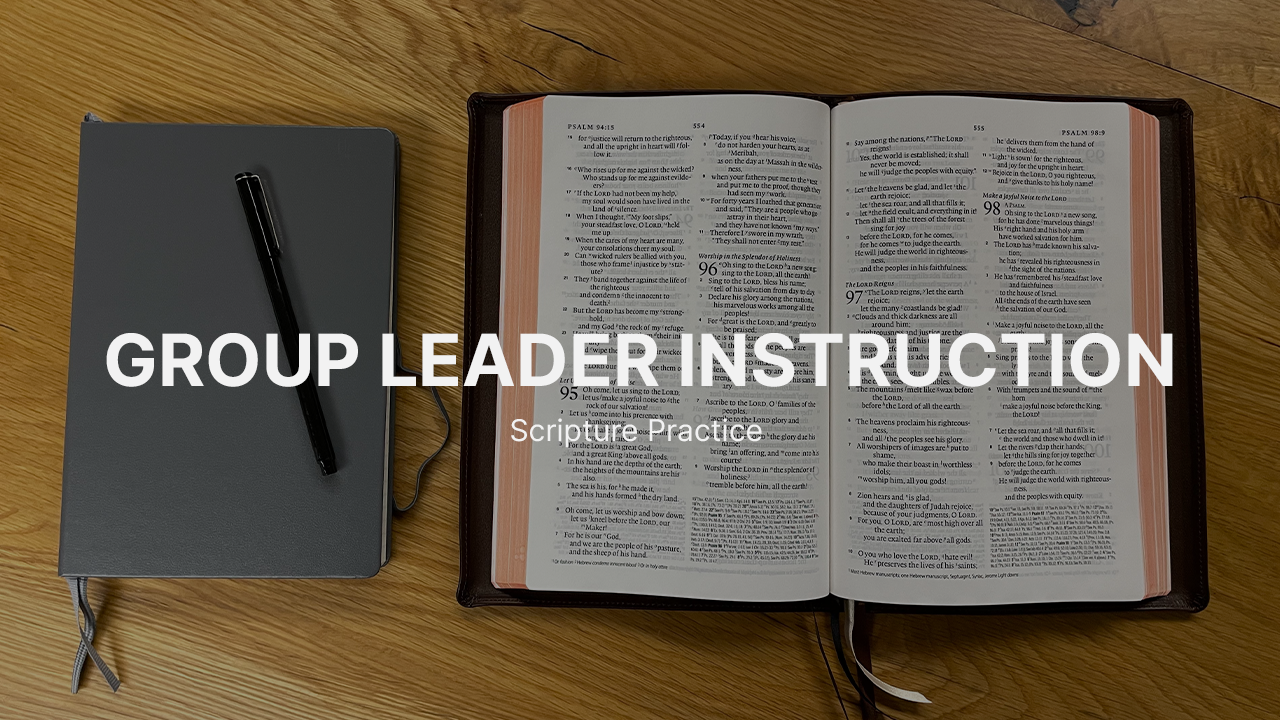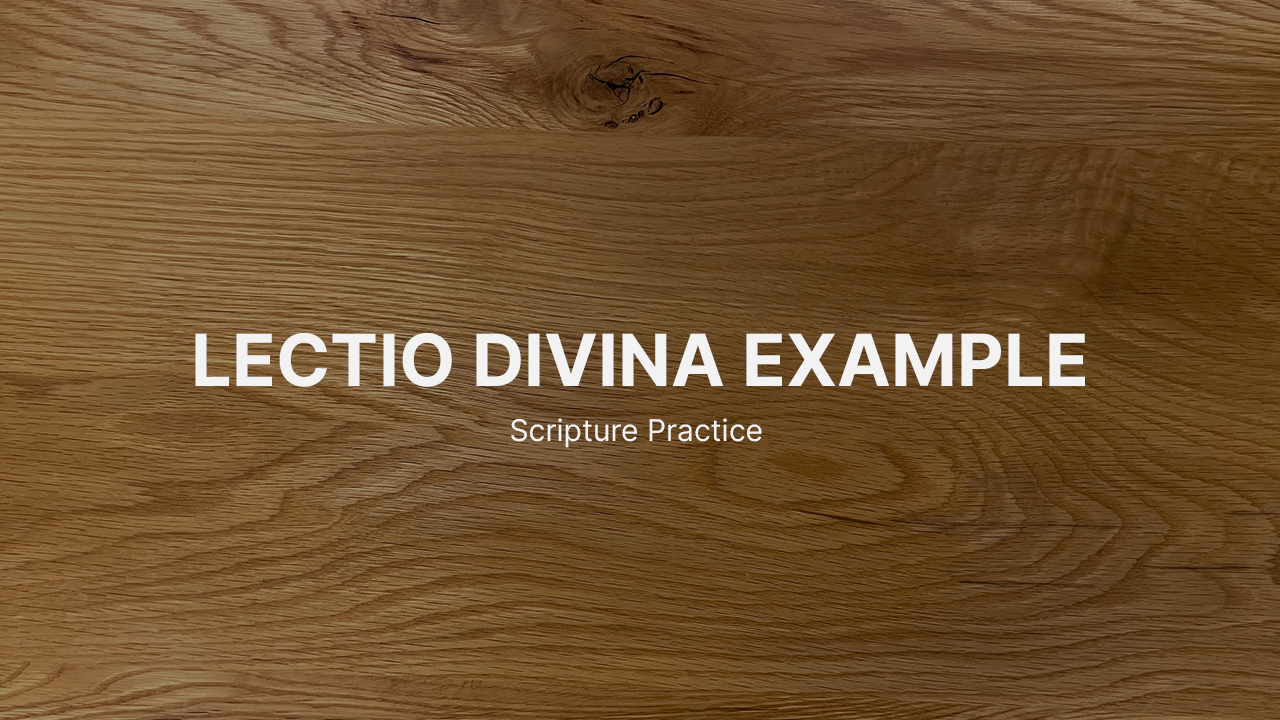PRACTICE INTRODUCTION & TEACHING
The invitation to follow Jesus is both a personal and a communal invitation. Some of us may have developed great strategies to develop our personal sense of following while others may only follow Jesus in the context of community. We want to grow in our ability and desire to connect with Jesus both personally and communally. Jesus called individuals out of their lives, rhythms, and worldviews to join a group of 12 in learning to follow His ways. He invited the 12 and us through the 12 to practice His ways. Jesus was a lot of things to a lot of people. He was a brother, a son, a friend, he was God in the flesh, he was a master and he was a Rabbi or teacher. In His day Rabbis or teachers would garner the best of the best to be their students. Those desiring to follow a teacher would go through a thorough vetting and application process, maybe most like trying to attend the most prestigious of universities in our modern-day. Jesus’ process was a little different, he called together a rag-tag group of people and invited them to follow Him and learn His ways.
His invitation to follow him in our modern-day doesn’t look much different. There is still an invitation into the body of Christ broken down by Churches all over the world and even smaller by groups within those Churches. As you enter this next term of Community Group at Missio Dei we invite you to learn a different and perhaps new way of practicing the scriptures together both as individuals and groups of people spread out all over our great city. The way we are going to practice the way of Jesus together this term is through an ancient practice called, Lectio Divina.
Lectio Divina is not a new method of Bible Study. Whereas the study of the Bible sets its focus on learning, Lectio Divina is an ancient time-tested method of meeting or being withGod in the Scriptures. In doing so, the disciple allows the Scriptures (in cooperation with the Spirit) to lead the reader into further intimacy with God as they move slowly, carefully, and repeatedly through the text. It’s an invitation to slow down and an invitation to relinquish control over to the Spirit of God for what fruitfulness is birthed out of our reading of the scriptures. In the study of scripture, we retain a good amount of control over what we see, understand and experience. I can study the scriptures according to my preferred method of study and I can retain what I choose to do so, emphasize what I choose to emphasize, and ignore what I choose to ignore. That is not to say that study of Scripture has no value or no place, that isn’t what this practice is about. This practice is about adding more tools to our toolbelt as disciples and apprentices of Jesus who are learning to follow Jesus together. My hope is that this serves as another tool you have at your disposal as someone desiring to practice the way of Jesus.
SCRIPTURE READING PLAN
Practice Lectio Divina during your group gathering as an example using Psalm 119:1-8. I included an example Lectio Divina Practice video above. Feel free to use this example in your group time instead of Psalm 119:1-8 if thats preferable and helpful for you. Consult the Lectio Divina instructions above. There are 5 selections per each week. The hope is that each participant will practice scripture this way for 5 out of 7 days in any given week. We’ll have these readings with the Lectio Divina instructions uploaded by the beginning of each week. The weeks run Monday through Sunday.
February
February 7th - February 13th
Psalm 119:9-16 · Psalm 119:17-24 · Psalm 119:25-32 · Psalm 119:33-40 · Psalm 119:41-48
February 14th - February 20th
Psalm 119:49-56 · Psalm 119:57-64 · Psalm 119:65-72 · Psalm 119:73-80 · Psalm 119:81-88
February 21st - February 25th
Psalm 119:89-96 · Psalm 119:97-104 · Psalm 119: 105-112 · Psalm 119:113-120 · Psalm 119:121-128
February 28th - March 6th
Psalm 119:129-136 · Psalm 119:137-144 · Psalm 119:145-152 · Psalm 119:153-160 · Psalm 119: 161-168 · Psalm 119:169-176
March
March 7th - March 13th
Exodus 1:8-14 · Exodus 2:23-25 · Exodus 3:1-6 · Exodus 3:7-12 · Exodus 3:13-15
March 14th - March 20th
Exodus 4:10-12 · Exodus 4:27-31 · Exodus 5:1-9 · Exodus 5:15-21 · Exodus 5:22-23
March 21st - March 27th
Exodus 6:1-8 · Exodus 7:1-5 · Exodus 7:14-16 · Exodus 10:1-2 · Exodus 11:4-9
March 28th - April 3rd
Exodus 12:1-7 · Exodus 12:11-13 · Exodus 12:21-27 · Exodus 12:40-42 · Exodus 13:14-16
April
April 4th - April 10th
Matthew 1:18-25 · Matthew 3:1-3 · Mathew 3:13-17 · Matthew 4:1-11 · Matthew 6:25-34
April 11th - April 17th · HOLY WEEK
Matthew 21:12-17 · Matthew 21:24-40 · Matthew 26:14-16 · Matthew 26:26-29 · Matthew 27:57-61 · Matthew 27:62-66
April 18th - April 22nd
Matthew 8:23-27 · Matthew 9:35-38 · Matthew 11:25-30 · Matthew 14:22-33 · Matthew 15:10-20
April 23rd - May 1st
Matthew 16:24-28 · Matthew 18:1-5 · Matthew 19:16-30 · Matthew 22:34-40 · Matthew 28:16-20
WEEKLY DISCUSSION QUESTIONS
The hope is not that you answer every single question every single week. Some weeks you may practice Lectio Divina using the Questions for each week category and some weeks you may utilize the weekly questions. You do not have to use the questions exactly how they are given or in the order they are given. Select some for your discussions as you see fit and need. EXAMPLE LITURGY FOR GROUP GATHERINGS.
Questions that could be used any week:
Select one of the readings from the week of readings and Practice Lectio Divina together using your selection and answer the following questions together during the gatherings of your group.
What words stand out to you? Were these words different than the first time you read them? If they changed, why do you think you noticed these words and not the same words you noticed in your own practice?
Why do you think these words stood out to you? How do these words make you think? How do these words make you feel?
What do you feel like God is inviting you to think, feel or do in response to them?
What is one step you can take towards receiving this invitation?
February Questions:
February 7th - February 13th
What role did the Bible play in your earliest church experiences and how do you think that shaped you and your relationship with scripture?
What does your practice of scripture reading look like right now? How did you get to that point?
February 14th - February 20th
What difficulties do you face when it comes to the Bible (fear, confusion, boredom, skepticism, etc.)?
What do you think Jesus is inviting you into through this Practice?
February 21st - February 25th
How has your experience of reading scripture this way gone for you so far? What do you think has contributed to that the most?
As you consider the Practice for the week ahead, what ideas come to mind about your setting, the passage, by yourself or with a group, etc., that you may want to try? What would it take to for you to try them?
February 28th - March 6th
When you read the Scriptures, do you feel as though you actually meet with and connect with God? Why or why not?
What makes Lectio Divina different than a “bible study” or a teaching?
In what ways has imagination played a role in your practicing of scripture?
March Questions:
March 7th - March 13th
After a month, how has your experience of reading scripture this way gone for you so far? What do you think has contributed to that the most?
Which of the steps in Lectio Divina feel the most foreign to your current Practice of Scripture reading? Which do you feel the most excited about continuing to develop?
Any creative ideas or suggestions about this Practice that you’ve tried and found helpful for you that could be helpful for the group?
March 14th - March 20th
What do you think about meditating and memorizing Scripture? Is this something you already do? Have you ever done this before? When?
How have you experienced your relationship with scripture changing over the past month and a half or so?
March 21st - March 27th
As you’ve practiced Lectio Divina, how have you noticed growth in feeling more connected to God through the scriptures?
How have you experienced growth or changes regarding some of your difficulties with scripture that you entered this practice with?
March 28th - April 3rd
How are you experiencing change within your relationship with Scripture? Is Scripture easier to engage with, more challenging to engage with, or has it stayed the same? Explain.
Are you finding it more difficult or less difficult to engage scripture with your imagination? Why do you think this is the case?
April Questions:
April 4th - April 10th
After 2 months, how has your experience of reading scripture this way gone for you so far? What do you think has contributed to that the most?
Which of the steps in Lectio Divina have you experienced the most growth in? Which of the steps has grown more familiar for you? Which of the steps has grown more challenging for you? Why do you think that is?
Any creative ideas or suggestions about this Practice that you’ve tried and found helpful for you?
April 11th - April 17th · HOLY WEEK
Holy Week Guided Reflections will be provided on the app website.
Passover Meal Instructions · Not required but available if you would desire to lead your group through a Passover meal.
April 18th - April 22nd
In what ways was your experience of Holy Week impacted through your practicing of scripture?
What have you learned about the importance of engaging scriptures with your senses? How has that impacted your setting, rhythms, and posture when practicing the scriptures?
April 23rd - May 1st
As we wrap up this term, what are some things you’ve learned about yourself, about God, and about others from reading scripture this way?
Any creative ideas or suggestions about this Practice that you’ve tried and found helpful for you to continue developing in your practice of scripture?
Is Lectio Divina as a way of practicing scripture something you envision yourself continuing to practice? Why or Why not?




